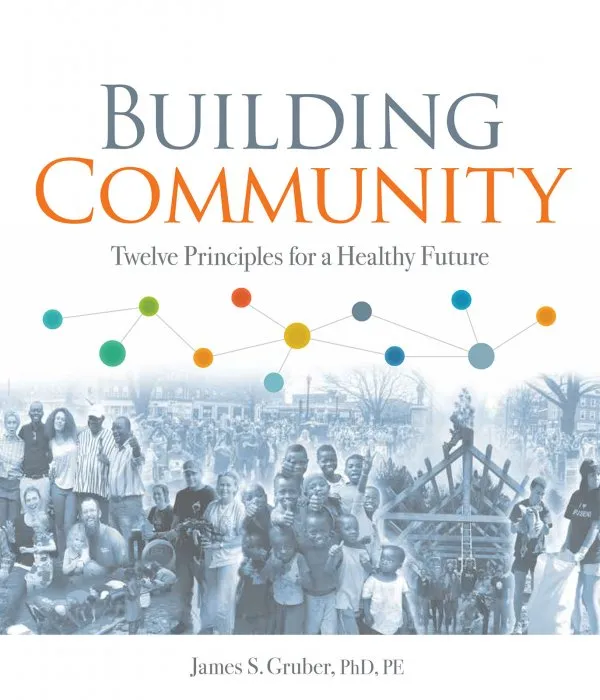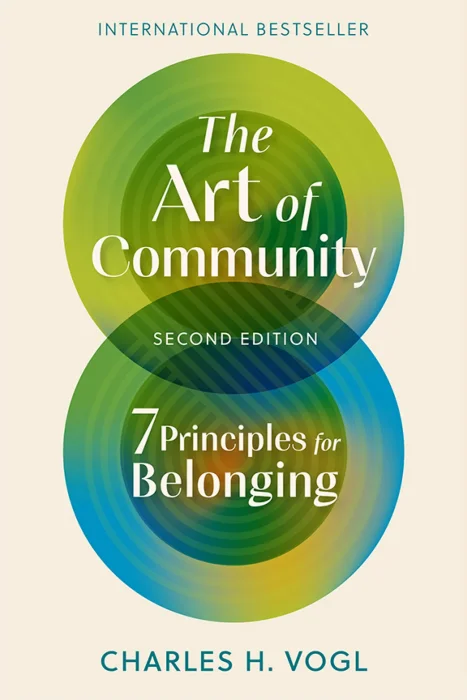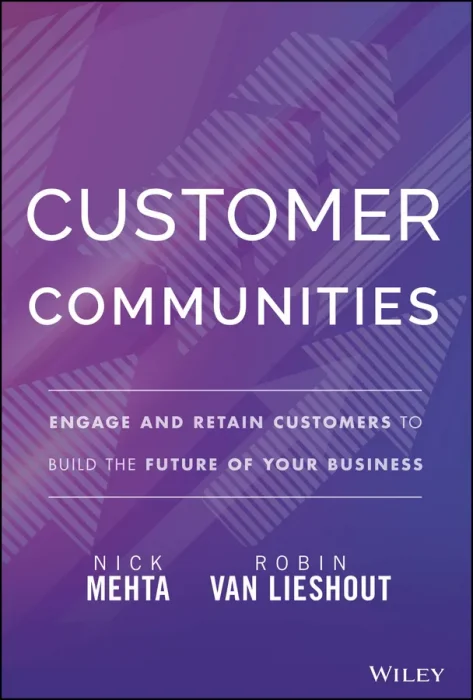Building Community: Twelve Principles for a Healthy Future

Date: May 19th, 2020
ISBN: 0865719322
Language: English
Number of pages: 352 pages
Format: EPUB
Add favorites
An easy-to-use guide for local leaders working to engage their community in growing a more equitable, healthy, and sustainable future
Strong local communities are the foundation of a healthy, participatory, and resilient society. Rather than looking to national governments, corporations, or new technologies to solve environmental and social problems, we can learn and apply the successes of thriving communities to protect the environment, enhance local livelihood, and grow social vitality.
Building Community is an easy-to-use guidebook that distills the success of healthy thriving communities from around the world into twelve universally applicable principles that transcend cultures and locations.
Exploring how community building can be approached by local citizens and their local leaders, Building Community features:
• A chapter on each of the 12 Guiding Principles, based on research in 27 countries
• Over 30 knowledgeable contributing author-practitioners
• Critical practical leadership tools
• Notes from the field – with practical dos and don'ts
• A wealth of 25 case studies of communities that have learned to thrive, including towns and villages, inner-city neighborhoods, indigenous groups, nonprofits, women's empowerment groups, and a school, business, and faith community
This is essential reading for community leaders, activists, planners, policy makers, and students looking to help their communities thrive.
James S. Gruber, PhD, PE, is Director of the PhD Program in Environmental Studies at Antioch University New England, a member of IUCN Council for Environmental Economic and Social Policy, and a recent delegate to UN Environmental Assembly in Nairobi, Kenya. Over the past three decades, he has worked as an international consultant, solar engineer, town manager, and university professor on building community capacity. He lives in Alstead, New Hampshire. https://howcommunitiesthrive.weebly.com/
Strong local communities are the foundation of a healthy, participatory, and resilient society. Rather than looking to national governments, corporations, or new technologies to solve environmental and social problems, we can learn and apply the successes of thriving communities to protect the environment, enhance local livelihood, and grow social vitality.
Building Community is an easy-to-use guidebook that distills the success of healthy thriving communities from around the world into twelve universally applicable principles that transcend cultures and locations.
Exploring how community building can be approached by local citizens and their local leaders, Building Community features:
• A chapter on each of the 12 Guiding Principles, based on research in 27 countries
• Over 30 knowledgeable contributing author-practitioners
• Critical practical leadership tools
• Notes from the field – with practical dos and don'ts
• A wealth of 25 case studies of communities that have learned to thrive, including towns and villages, inner-city neighborhoods, indigenous groups, nonprofits, women's empowerment groups, and a school, business, and faith community
This is essential reading for community leaders, activists, planners, policy makers, and students looking to help their communities thrive.
James S. Gruber, PhD, PE, is Director of the PhD Program in Environmental Studies at Antioch University New England, a member of IUCN Council for Environmental Economic and Social Policy, and a recent delegate to UN Environmental Assembly in Nairobi, Kenya. Over the past three decades, he has worked as an international consultant, solar engineer, town manager, and university professor on building community capacity. He lives in Alstead, New Hampshire. https://howcommunitiesthrive.weebly.com/
Download Building Community: Twelve Principles for a Healthy Future
Similar books
Information
Users of Guests are not allowed to comment this publication.
Users of Guests are not allowed to comment this publication.




